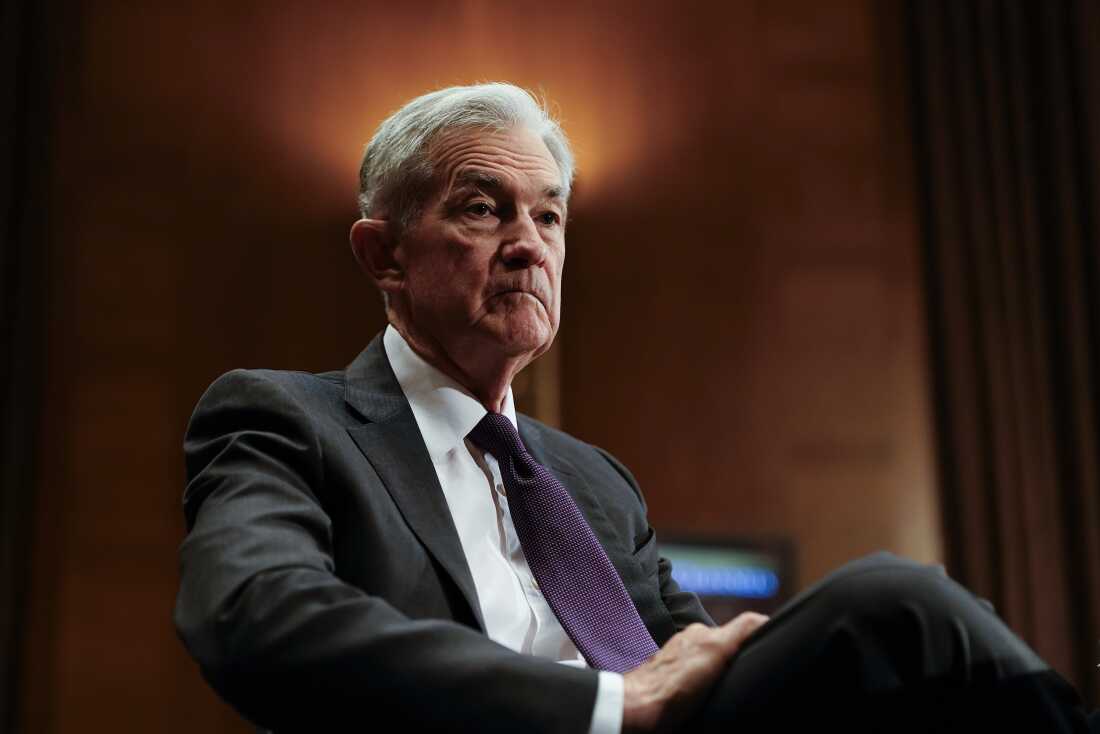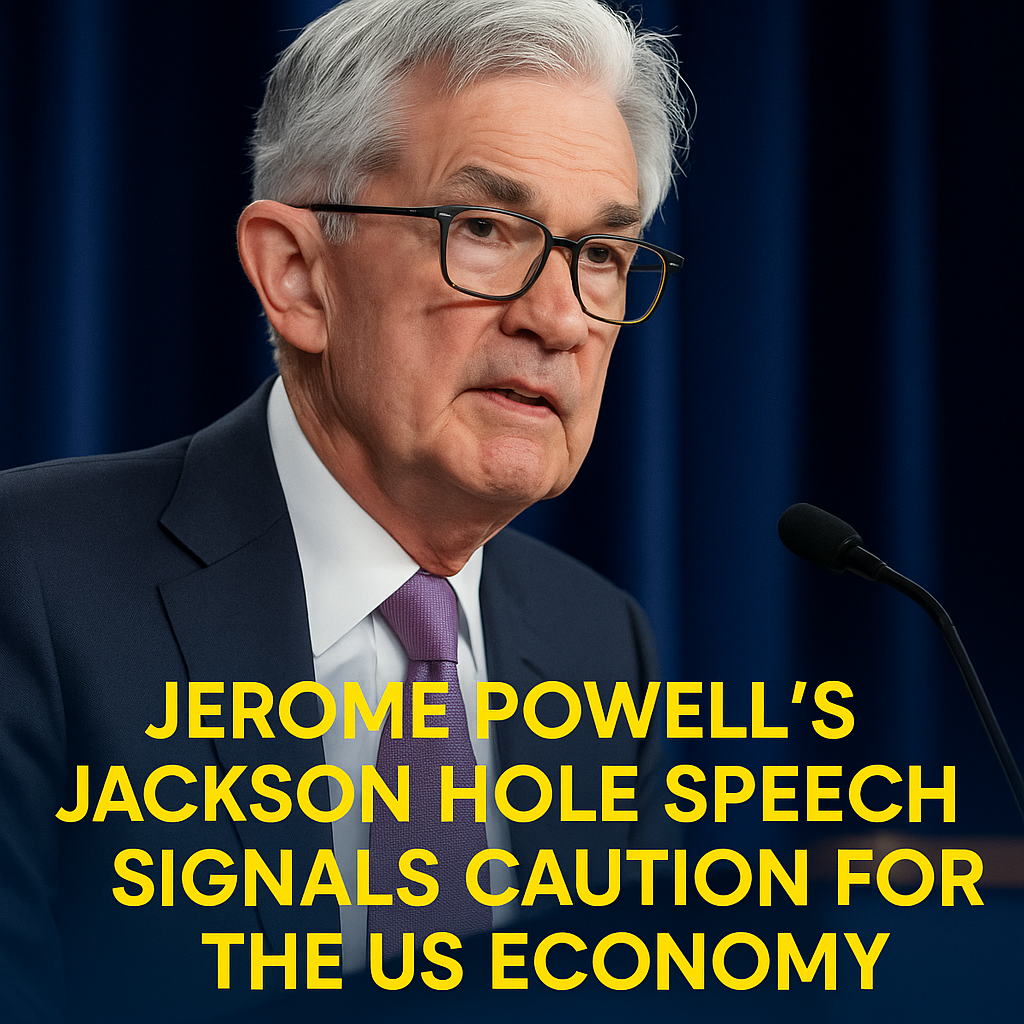The annual Jackson Hole symposium is one of the most closely watched economic events in the world. On August 23, 2025, Federal Reserve Chair Jerome Powell delivered his highly anticipated speech, providing new signals about the direction of US monetary policy. His remarks carried significant weight for investors, policymakers, and everyday Americans who are concerned about inflation, jobs, and the overall stability of the economy.
A Balancing Act Between Growth and Inflation
In his Jackson Hole address, Powell highlighted the delicate balance the Federal Reserve must maintain. On one hand, inflation has cooled compared to the peak of recent years, but it still hovers above the Fed’s 2% target. On the other hand, slowing growth and concerns about job security raise the risk of tipping the economy into recession. Powell stressed that the Fed must remain data-dependent, adjusting its stance carefully rather than rushing into drastic changes.
He did not commit to an immediate interest rate cut, but his tone suggested that policymakers are prepared to shift toward easing monetary policy if economic conditions weaken further. This cautious approach is designed to reassure markets while leaving room for flexibility.
Market Reactions to the Speech
Financial markets responded almost instantly to Powell’s words. The Dow Jones Industrial Average and the Nasdaq both surged by nearly 2%, while the S&P 500 gained around 1.5%. Investors interpreted the speech as a signal that interest rates could decline by September, boosting confidence in stocks and reducing pressure on borrowing costs.

At the same time, the US dollar weakened against major currencies, reflecting expectations of lower rates. Bond yields also moved lower, indicating that markets are pricing in a more accommodative Fed stance in the months ahead.
Broader Implications for the US Economy
Powell’s Jackson Hole speech goes beyond financial markets. For ordinary Americans, the implications are significant. Lower interest rates could ease the cost of mortgages, car loans, and credit card debt. However, the Fed must ensure that inflation does not rebound, which could erode household purchasing power.
Powell acknowledged growing public concern about job security, particularly in industries facing automation and artificial intelligence disruption. A recent survey revealed that 35% of Americans are delaying major purchases due to uncertainty about employment. The Fed’s policies, therefore, have a direct impact not only on Wall Street but also on Main Street.
Looking Ahead
The path forward remains uncertain. Powell emphasized that while inflation has moderated, the fight is not over. If the Fed cuts rates too quickly, it risks reigniting price pressures. If it waits too long, it could slow the economy further and increase unemployment.
His Jackson Hole speech reinforced the Fed’s role as both a guardian of price stability and a supporter of sustainable growth. The coming months will reveal whether the Fed can strike the right balance. For now, Powell’s cautious optimism suggests a gradual shift toward easing, but without abandoning the fight against inflation.


